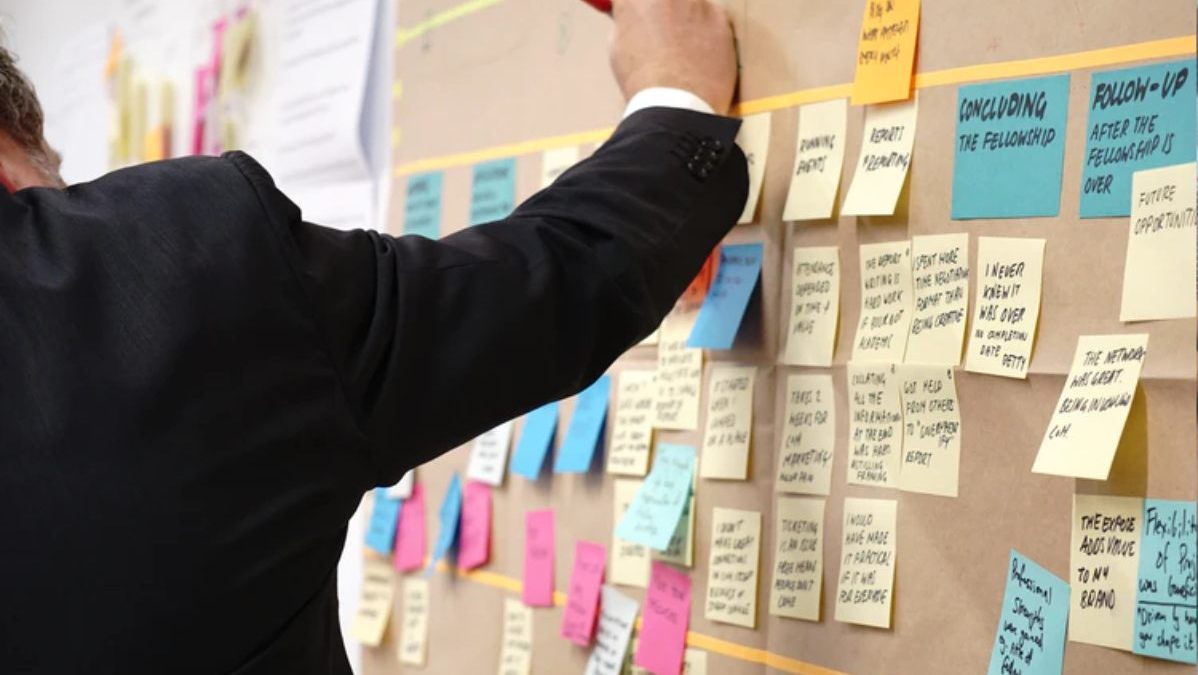Project management makes use of particular understanding, capabilities, tools, and strategies to supply something of value to human beings. Developing software for an improved business process. Constructing a building, disaster relief efforts, expanding sales to a new geographic market are all examples of projects.
All projects are of temporary effort to create value through a unique product, service, or result. All projects have a beginning and an end. They have a team, budget, a schedule, and a set of expectations that the team must meet. Each project is unique and differs from routine operations (the ongoing activities of an organization) because projects end when the goal is achieve.
The changing nature of work due to technological advancements, globalization, and other factors means that. Increasingly, work is organize around projects with teams grouped together according to the skills required for specific tasks.
At the head of these projects are the project professionals, people who, intentionally or by circumstances, are ask to ensure that the project team achieves its objectives. Project professionals use many different tools, techniques, and approaches to meet the needs of a project.
Some projects need to resolve issues quickly, with the understanding that improvements will be made over time. Other projects have a longer duration and/or produce a product or other result that will not require major improvements outside of scheduled maintenance, such as a road.
To higher recognize what it is want to manage a task, strive PMI’s Kickoff, a free forty five-minute digital path and toolkit that walks you via the fundamentals of project control.
Project management drives change.
Throughout the history of mankind, project management has always been practice informally, but it began to emerge as a separate profession in the mid-20th century when a group of people pioneering the fields of aerospace, engineering, pharmaceuticals, and telecommunications has achieve a changing world. For need new tools. Motivated by the need to address the scheduling and resource issues associated with increasingly complex projects. They came together to begin establishing and standardizing the tools of a new trade. And in 1969, the Project Management Institute (PMI) was born.
Today we live in the project economy. Where projects are the driving force behind how work is done, change is made, and value is deliver. In The Project Economy, the global growth of project management proves its value as:
- For a recognized and strategic organizational skill
- as a subject of training and education
- a professional background
It is now widely recognize that a basic knowledge of project management can add value to people in a variety of roles in a wide range of businesses. Project management skills can help a young student working on a science project to be successful or a business executive to resolve personality conflicts. These skills can help a nurse streamline shift changes to improve patient response times in her department. They can help an IT professional deliver innovative software in record time or help a government agency improve the services they provide more affordably.
Learn The Basics Of Project Management
KICKOFF is a 45-minute free digital course and toolkit that walks you through the basics of project management. You can effectively launch your projects from start to finish.
Consider Getting Certified
Research suggests that employers will need to fill nearly 2.2 million new project-based totally positions every 12 months via 2027. Project Management Professional (PMP) ® is the world’s main project control certification. PMP® fuels the careers of assignment managers across industries and allows agencies locate the humans they need to paintings smarter and perform better. For anyone involved in project economics can improve results by understanding the specific fundamental concepts of project management described below.

